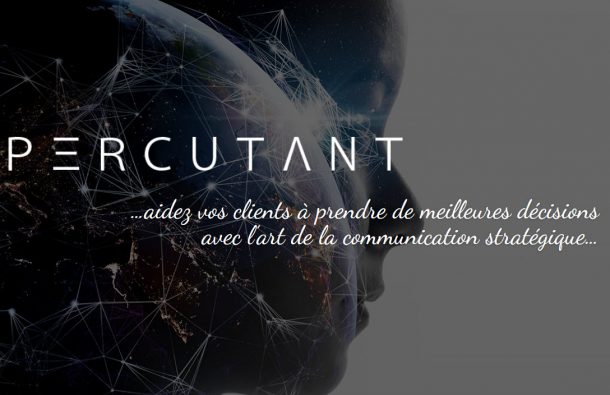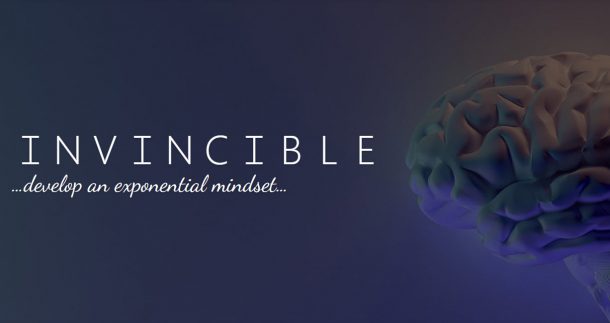We all know that centers of influence can have a significant impact on our business development strategies. But how should we approach them? And what kind of professionals should we approach?
Business development strategies have certainly changed in recent years. I never see entrepreneurs going door to door anymore, and rarely do I hear the term “cold call”. Nowadays, it’s more cost-effective to take a holistic approach, and this involves relationships with centers of influence.
But how to do it, and with whom?
Ideally, you should surround yourself with three professionals in each area of your service offering, on whom you can count when needed. For example, if you are a financial advisor, surround yourself with 3 notaries, 3 accountants, etc. These specialists will have different expertise and personalities, which allows you to present a professional whose approach will make your client more comfortable, and meet his specific needs.
Two types of centers of influence
Traditional centers of influence
One of the first distinctions I want to highlight is the different types of centers of influence. First, there are “traditional” centers of influence. In some cases, these relationships are mutually beneficial: you refer clients to them, and they return the courtesy – but that’s not always the case.
Some entrepreneurs tell me, “I’ve tried to work with other professionals before, but they rarely refer clients.”
And to that, I answer “that’s not the point”! The goal of building relationships with centers of influence is not to be referred to potential clients. Instead, think of them as contacts who help you better serve your clients and you position yourself as the resource person to meet all their needs; they help to create a “Wow effect!” for your clients. If they are impressed by your integrated approach, they will refer you to the people they know.
Therefore, stop looking at centers of influence as sources of potential clients; see them as additional tolls in your toolbox to better serve your clients and position yourself as a trusted professional.
Non-traditional centers of influence
Non-traditional centers of influence are less coveted, but equally important to reinforce your integrated approach, as they are also in touch with the people in your target market (aka your ideal client).
Don’t hesitate to develop relationships with professionals from other industries; because they are not as much in demand, it may be easier to build a relationship with these non-traditional centers of influence.
Building relationships with centers of influence is a key business development strategy today. Next month, I will explain “how” to connect and maintain relationships with your centers of influence.
In business, there is no B2B or B2C anymore, especially when we are entrepreneurs offering service and expertise. Today, it’s H2H: Human-to-Human.
Expand your network of centers of influence; it’s a win-win situation for both your clients and your business!
It’s always with great pleasure that I read your comments, You can contact me at sara.gilbert@saragilbert.coach, and follow us on LinkedIn, Twitter, Facebook, and YouTube.







